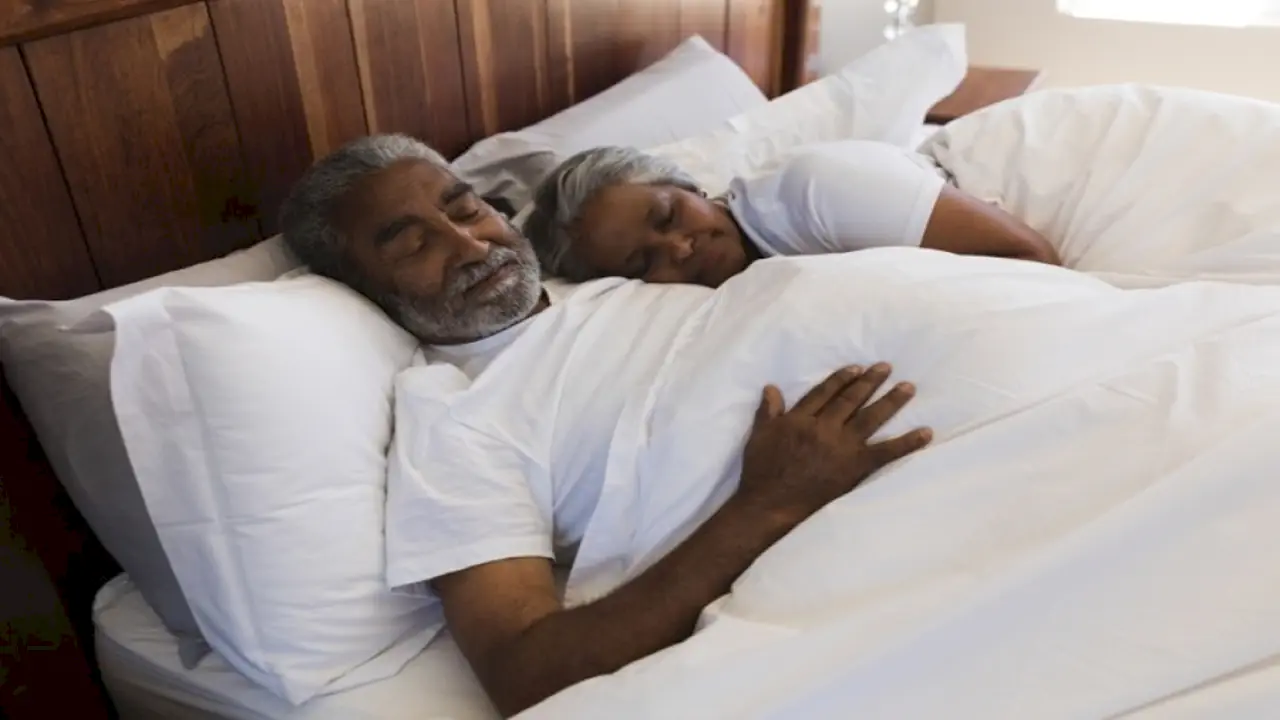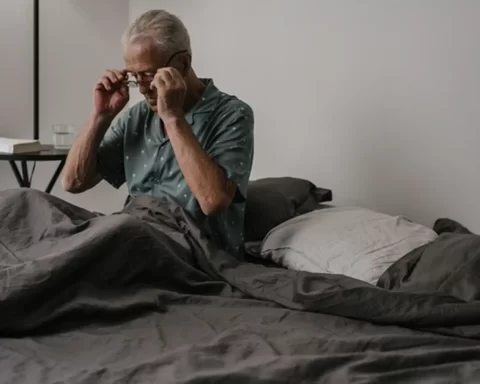Rudrapur, Uttarakhand, February 19, 2024: If you’re one of the many people who struggle to get a good night’s sleep, ashwagandha could be the answer to your problems.
Around 55 per cent of Indians aren’t getting enough sleep or are sleeping for less than 6 hours, revealed a new survey. The nationwide study by LocalCircles was conducted ahead of the World Sleep Day which is observed each year on March 17 across the globe.
If you find yourself lying awake at night, waiting for sleep to come, ashwagandha that could help you.
Ashwagandha, also known as withania somnifera, is a highly acclaimed herb within the Indian Ayurvedic system of medicine.
A 2020 study into the effects of ashwagandha root extract found it had positive results on ‘both healthy and insomnia subjects’ regardless of their age, reports The Mirror. The research concluded that the supplement can ‘improve sleep quality and can help in managing insomnia’.
In a separate trial involving 144 participants, some were given ashwagandha while others were given a placebo. It was found that 72 per cent of those who took the the ashwagandha reported better sleep quality, compared to just 29 per cent in the placebo group.
However, more research is needed when it comes to reducing anxiety.
A 2019 study suggested that ashwagandha’s ‘stress-relieving effects’ might be due to its impact on our main stress response system. But scientists say more studies with larger sample sizes and different treatment doses are needed to confirm these findings.
Healthline reports that most studies around ashwagandha’s sleep benefits are conducted over a long period. So, if you start taking the supplement, don’t expect immediate results. The publication also warns that some people may experience a ‘surge in energy’ shortly after taking the tablet, which could actually disrupt sleep.
The NHS suggests that insomnia can often be managed by making simple changes to your bedtime routine – such as reducing alcohol, caffeine or nicotine, and doing exercise earlier in the day. It also advises going to bed and waking up at the same time every day to establish a regular sleep pattern, and to try and manage stress and anxiety.
If these tips don’t help and you’ve been struggling to sleep for months – or if insomnia is impacting your daily life – you should get in touch with your doctor.
A doctor might suggest you see a therapist or refer you to a sleep clinic.





